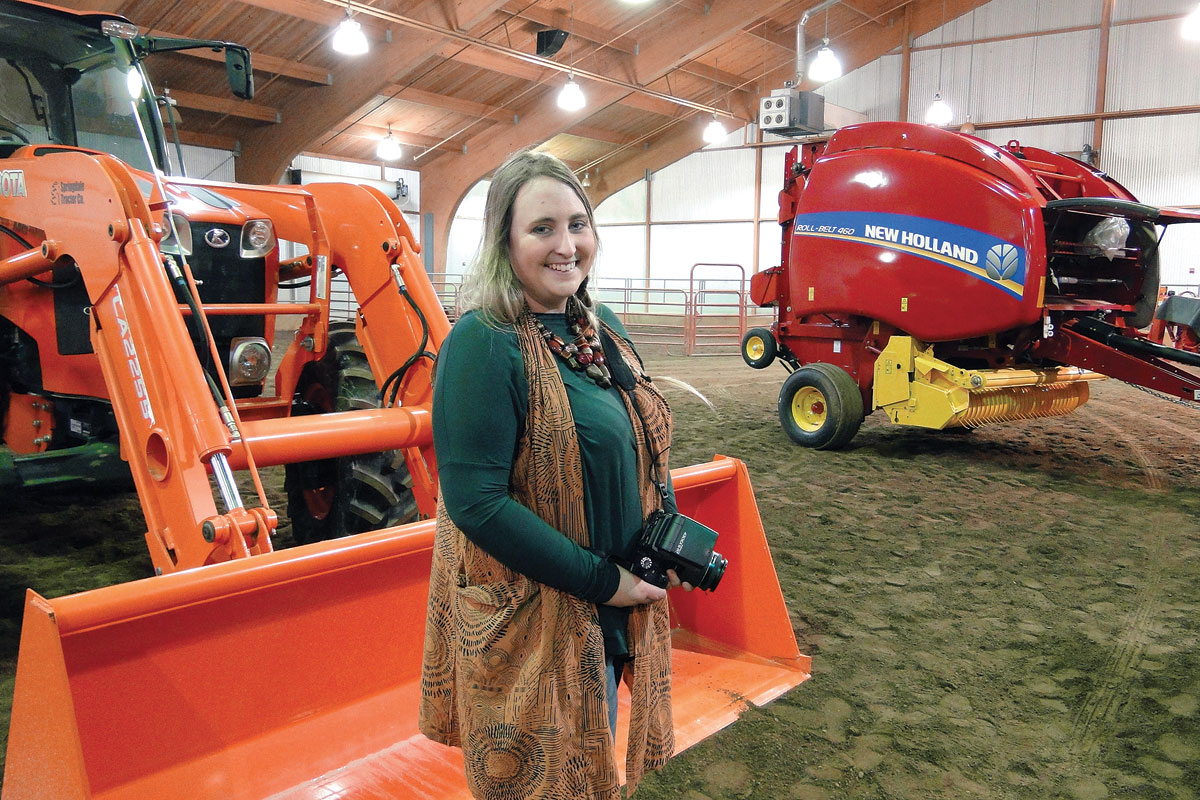Two necessary traits are inherent in every successful Arkansas farmer. One is the ability to accept change for the better. The other is knowing when to hold onto something that is uncommonly good.
Back in 1951, Verl Doshier of Yellville, Ark., had grown up and was ready to leave home to find his own way in life. Jewell, Verl’s dad, decided it was time to buy a tractor.
Verl said he remembers the day the tractor arrived. He told his dad, “You had to get a tractor to replace me.” To which his dad replied, “No, son. Now that you’re gone, I can afford the tractor.”
So the farming and ranching chores changed from being performed by the family and their horses to a 1946 Ford 2-N tractor, dubbed “Little Willie.”
The Doshiers are one of the oldest families in Yellville, migrating from Tennessee to Marion County in 1852. Verl’s grandpa, Boone Doshier, along with some of his kin, used to freight goods back and forth to Springfield with horses and wagons. Horses were also used in the farming of corn, cotton and oats.
When the decision was made to get a tractor, a Ford was selected because it was small, affordable and versatile. The tractor was used for everything on the ranch—from cutting and raking hay, to building ponds and hauling firewood.
Because of an industrial accident at a cotton gin in 1933, Jewell lost his left hand. In the true Arkansas spirit, Jewell never let it become a handicap and simply had a leather glove made to go on his arm, and he continued with his life. There is a worn spot, to this day, on Little Willie’s steering wheel where Jewell would place his leather glove and work with the tractor.
The Ford was used as the elder Doshier’s primary tractor until he retired and turned Little Willie over to Verl. Even though the Doshiers currently own two Long tractors and a Kubota, they continued to use the Ford for everyday farming chores until a few years ago when Little Willie was semi-retired. Little Willie is still brought out during hay season, with Betty at the wheel pulling the rake. It still runs great and is able to rake enough hay to put up over 400 round bales—not bad for a tractor that’s over 60 years old.
Verl and his wife Betty have run as many as 100 head on their ranch, but currently have 31 momma cows and two bulls that are used for breeding. Verl likes to breed his cows once a year so that they calve in October, November and December. He feels that breeding them in the winter allows the calves to start eating hay with their mother as soon as they are big enough. That gets them ready to be put on pasture when spring comes. Verl also supplements with feed in a drum.
They are in the process of converting their herd to Black Angus. Verl said, “The price of Black Angus has been rising for a while and is better right now.”
Verl and Betty have lived in their current location on Crooked Creek since 1968. They farm 410 acres, and maintain 70 acres for hay. Some of the acreage is land originally owned and farmed by his father.
The Doshier farm has a great deal of historical significance because it’s the location where the Battle of Yellville was fought during the Civil War. In the summer, ruts can still be seen where the historic military road cuts up and through one of their pastures.
Verl, who could be called the “Loneliest Man in Yellville”—he is, after all, the Maytag repairman—said, “Working as an appliance repairman allowed me to be able to continue farming.”
Jewell’s change from horses to a tractor in the early 1950s was definitely a change for the better. Little Willie has proven himself worthy of the original purchase price of $1455 many times over. And now Verl and Betty continue to reap more than just hay and healthy cattle on their land. They own a Ford tractor named Little Willie that is uncommonly good.






